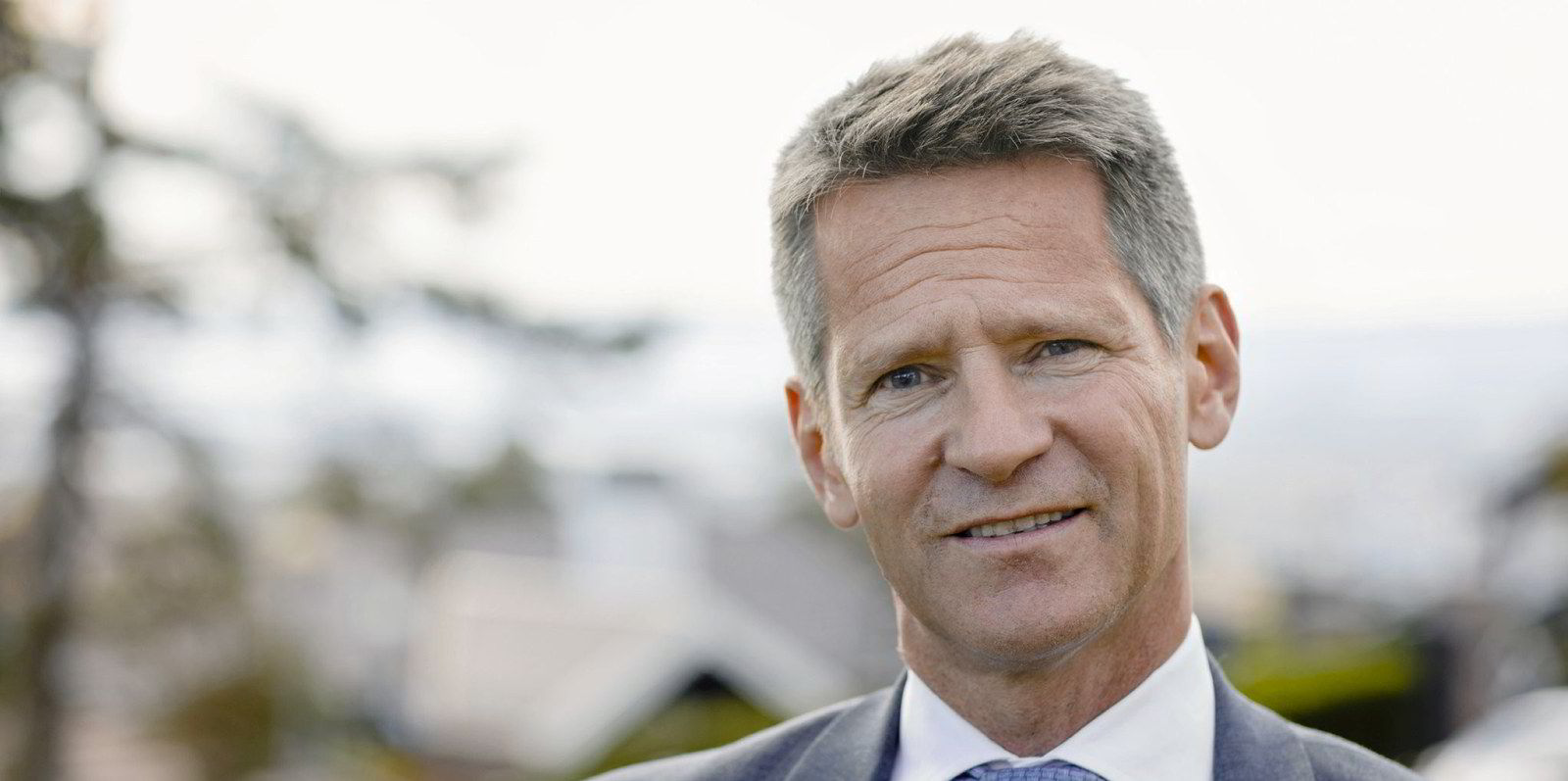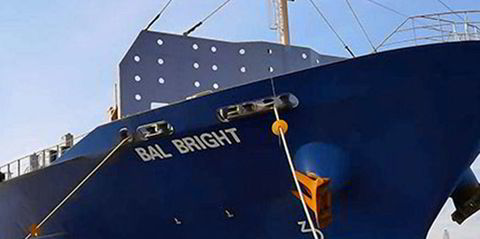Klaveness Combination Carriers (KCC) is lining up two big new procedures to further reduce its greenhouse gas emissions.
The Oslo-listed company’s chief executive Engebret Dahm told a conference call that the owner of vessels that carry both wet and dry cargoes is in talks with shipyards and suppliers.
“Big initiatives are coming,” he said.
KCC has so far introduced a large number of measures to cut emissions, ranging in cost from $20,000 to $300,000 per vessel.
These more minor procedures have been designed to cut hull friction, improve propeller and hull efficiency, and boost technical and operational systems.
“We are in negotiations with suppliers and shipyards to introduce two specific initiatives, which are both complex and costly, which we do intend and hope to present and to announce within this quarter,” Dahm told analysts.
“So I believe we are well on track to reach our targets and hopefully, you see that we mean what we talk about when it comes to emission reductions,” the CEO added.
KCC raised $25m in 2021 to fund its energy efficiency programme.
The shipowner wants to cut the average CO2 emission per ship by 15% between 2018 and this year.
KCC achieved a 10% reduction in 2021 and is well on track to meet its 2022 goal, the CEO said.
Carbon intensity target to be missed
But Dahm admitted the company is lagging behind its 25% carbon intensity reduction target, partly due to the Cleanbu product carrier/bulkers being employed in dry trades for part of 2021, not in combination trades that cut ballast legs.
The company will not achieve this mark in 2022.
The boss does not foresee any capital raises this year to fund new work, however.
“We have no capital needs. We raised money for the specific energy efficiency programme and this is the policy that we do,” he said.
“We pay out the running cash flow as dividends and when we have big investments, we raise money,” Dahm added.
Asked about expanding the fleet, he said that “over time we believe we should be able to grow the business.”
“There should be possibilities to grow the concept further,” the CEO added.
Strong dry bulk markets helped KCC to record results for the final quarter of 2021.
The company reported a net profit of $15.1m, compared with $1.2m in the same period of 2020.




